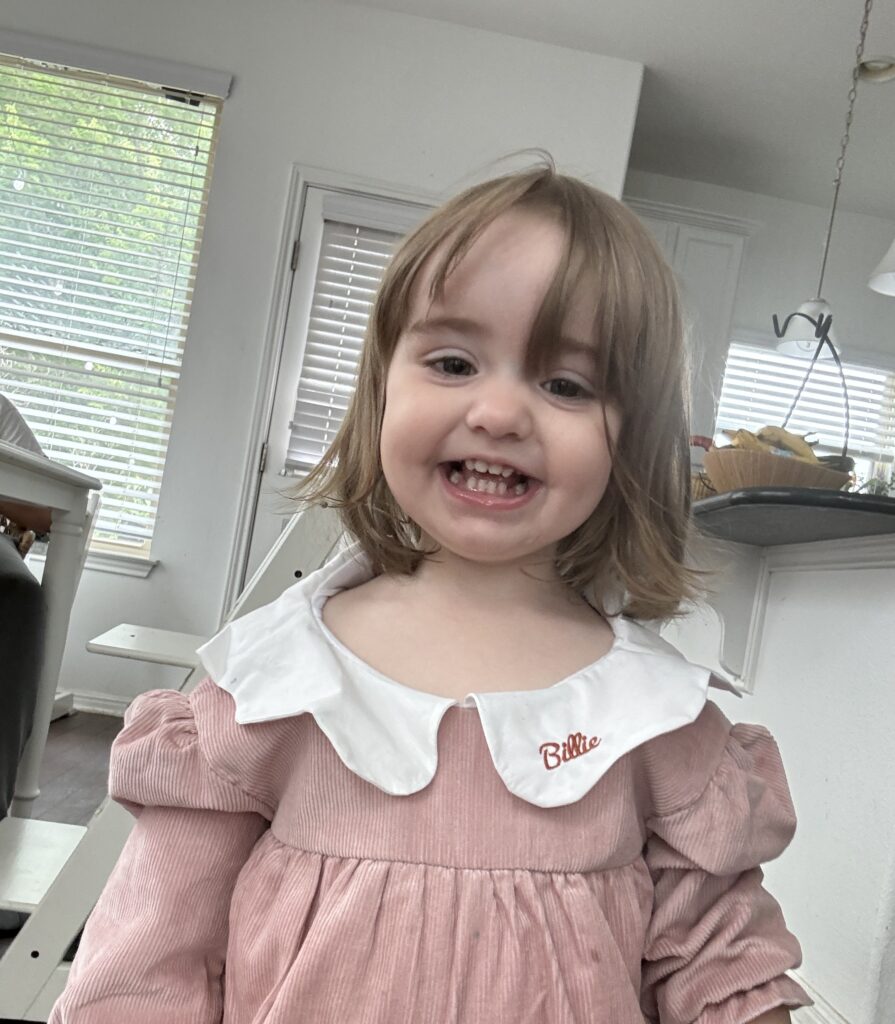
My daughter is a sensory seeker; she’s not autistic.
I know that most comments about my daughter, Billie, come from a place of love and concern, and I appreciate that sincerely. But I promise you, there’s nothing you can see in Billie that I haven’t thoroughly considered. Autism is a complex spectrum, and while a toddler being a sensory seeker can sometimes be cause for concern, it’s important to remember that it’s just one piece of a larger puzzle—no pun intended.
According to the DSM-5, the diagnostic manual used to define autism spectrum disorder (ASD), several criteria must be met for a diagnosis. These include persistent deficits in social communication and social interaction across multiple contexts and restricted, repetitive patterns of behavior, interests, or activities. These symptoms must be present in early childhood, though they may not fully manifest until social demands exceed limited capacities.
I have two children diagnosed with autism.
As you know, I’ve walked this path before with my two boys. Charlie showed delays in multiple areas and experienced a regression before being diagnosed with autism at just 22 months old. But even though Charlie had a speech regression, many signs were present from early on that I overlooked back then (no pointing, fleeting eye contact, sensory and feeding issues…). Hindsight is 20/20.
My other son, Jude, was diagnosed with level 1 autism. For context, I often hear that he “doesn’t look autistic.” Jude displayed many signs of autism at Billie’s age. In fact, by her age, he failed the M-CHAT and was receiving intensive occupational therapy, speech therapy, and physical therapy. Yet, he wasn’t diagnosed with autism until he was 5 years old because the developmental pediatrician couldn’t rule out that his autistic behaviors were due to mimicking his brother’s behaviors.
After attending a Montessori school, Jude improved significantly in speech, social skills, and fine motor skills but not enough to not be diagnosed with autism. Jude is bright and smart. He’s considered “gifted”. I was also hyperlexic as a child, so I know firsthand that a toddler being smart does not mean they can’t be autistic. My point is that Jude had apparent delays in all areas from an early age. Despite being hyperlexic, I, too, had struggles in all areas of development from childhood. Billie doesn’t.
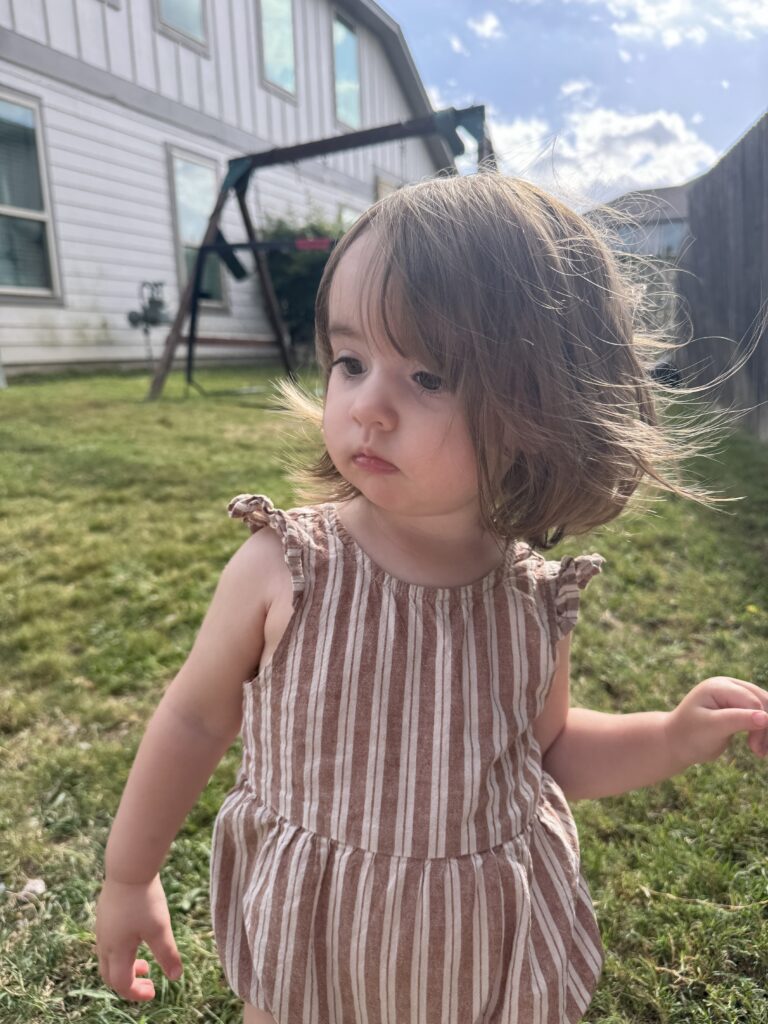
Billie is meeting all her milestones
Billie passed the M-CHAT with flying colors and wouldn’t qualify for therapy because she has no delays. While the spectrum is broad, I’m very aware of every little thing Billie does, and I can tell you with certainty she’s not on the spectrum.
If you’re not familiar with the M-CHAT, I recommend all parents of toddlers to take it. The screener will ask 20 questions about your child’s behavior. It’s intended for toddlers between 16 and 30 months of age. The results will let you know if a further evaluation may be needed. You can use the screener results to discuss any concerns you may have with your child’s healthcare provider.
You can take it here, on the Autism Speaks website: https://www.autismspeaks.org/screen-your-child
Billie speaks French and English.
I see a bright, curious child reaching her milestones in ways that Charlie and Jude did not at her age. She communicates effectively, enthusiastically explores her world, and engages meaningfully with those around her. She greets us with the best “hi” when we enter a room and constantly seeks feedback from grown-ups around her. Her speech development in both French and English is progressing beautifully. She understands both languages well and has French and English words.
I see a child who eats any food we put in front of her and whose favorite food is feta and olives marinated in olive oil.
While I remain on high alert and open to how Billie’s development will unfold, right now, she shows no indications of autism as defined by the DSM-5 criteria.
Not all behaviors are autism.
We need to stop pushing labels on every behavior, especially when a child isn’t even two and said behaviors aren’t hurting the child’s life/development. Yes, Billie is sensory-seeking, but that does not make her autistic. Kids her age often explore their world by being wild; many even flap their hands, yet they’re not autistic.
Again, if a child experiences significant developmental delays, I fully support seeking assistance to understand their needs and address any concerns. This was the case with Jude and Charlie, who both faced delays across multiple areas of development. However, that’s not the situation with Billie at this time.
So please let me enjoy these moments with my first child, who is reaching milestones on schedule.
With love and, yes, a touch of frustration,
An autistic mom of two children on opposite ends of the spectrum who knows a thing (or three) about autism.
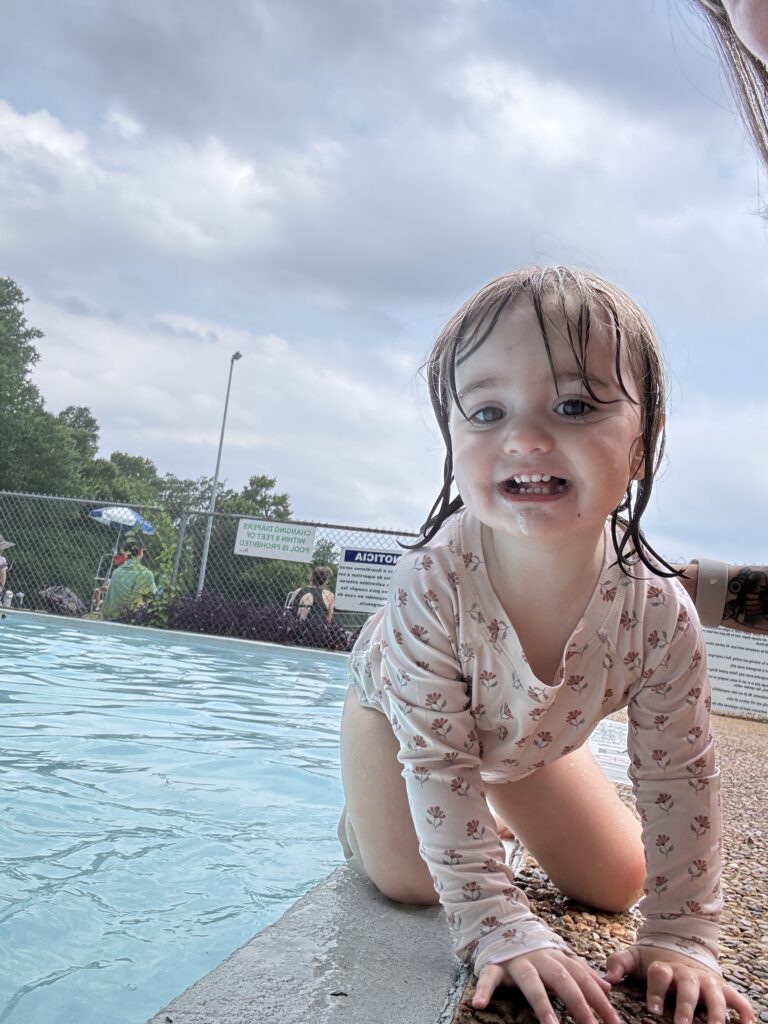

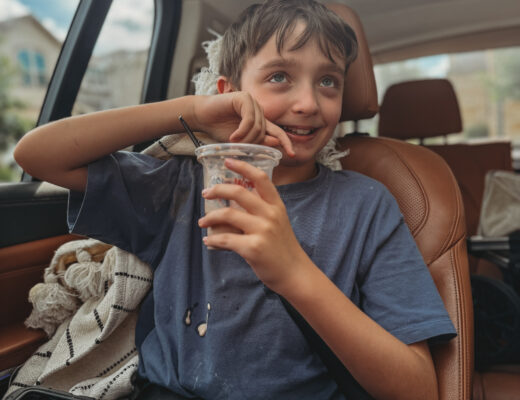
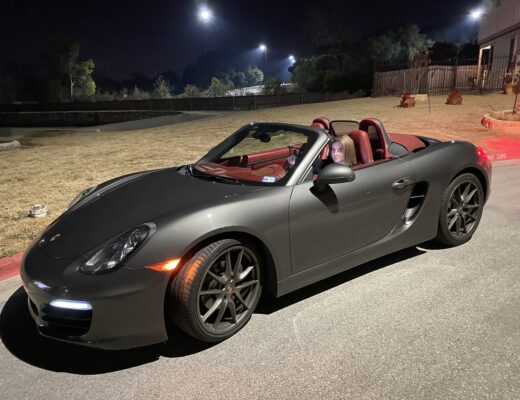

No Comments